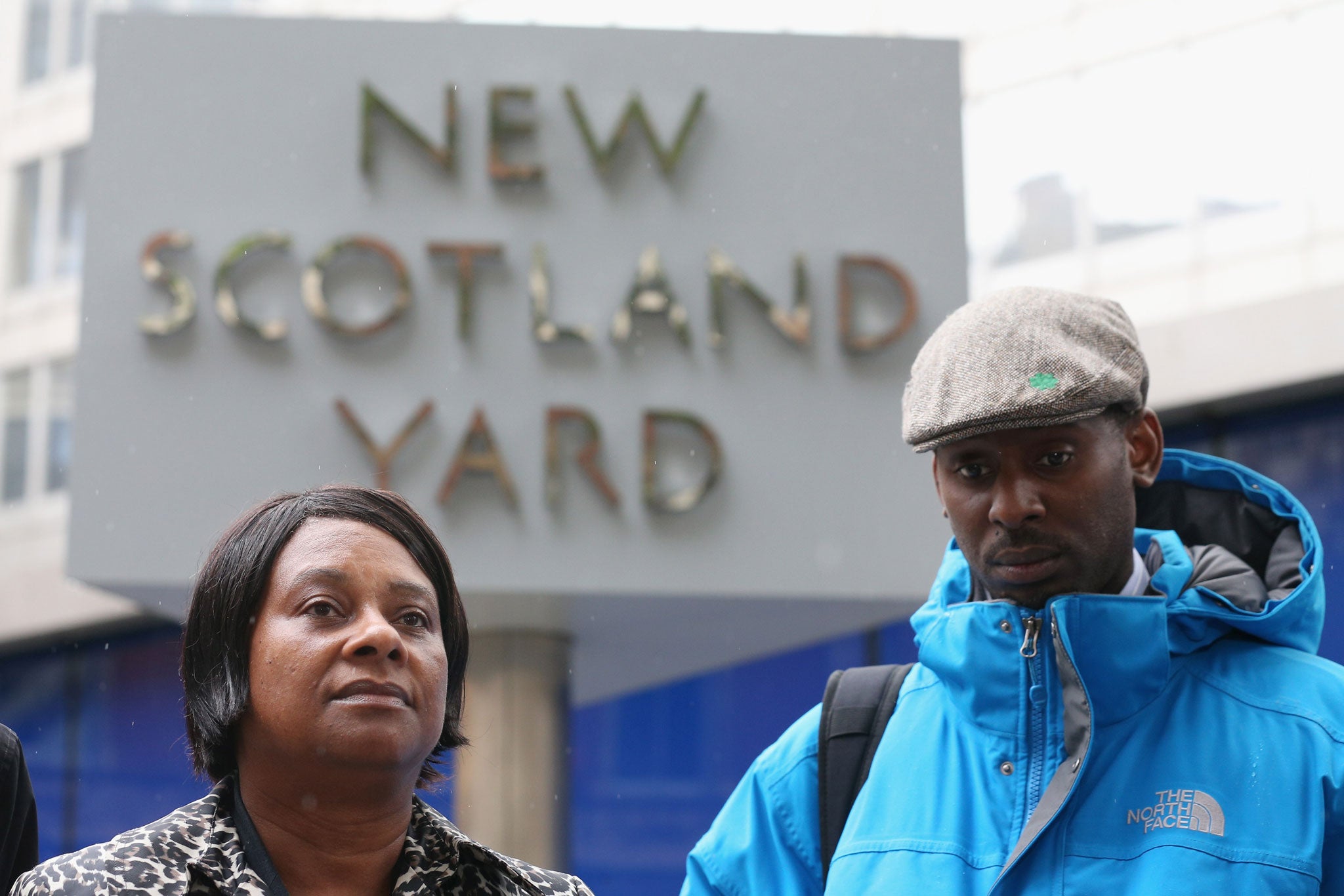One dark secret to another: Can the Met go any lower?
Promises deliver little as institutional racism lives on

I hope the bosses of London’s Metropolitan Police Service don’t go all defensive about this column or distrust my motives. Some of them have tried (though failed) to eradicate the virus of pervasive police racism. A few took me to good lunches and provided me with extra security when I faced some frightening physical threats. So I owe them and would not malign either individuals or the force without good reason.
But having been an anti-racist activist all my adult life, I also know stories, dark secrets of black and Asian people failed or picked for special ill-treatment by Met officers, high and low. From time to time these dank truths emerge, and the public is shocked. When will the police do more than pretend they understand and care? Their old statements of intent and good policies, just sheets of decorative wallpaper, are now frayed and fading. And, dishearteningly, contemporary promises and practices have not delivered.
This is in no way special pleading. White people are also victims of police malevolence and of hate crimes, and too often feel further punished by the criminal justice system. However, police officers rarely harbour generic prejudices against white UK nationals – though some, admittedly, do seem to loathe the Irish. The time does seem right to look again at the Met and race, since the media interviews with the ex-undercover Met cop Peter Francis, who alleged the police spied on and tried to discredit the Lawrence family and friends, Duwayne Brooks, in whose arms Stephen died, anti-racist groups and organisations monitoring racist attacks. If this is true one wonders how low can an institution get?
Predictably, the Met leadership, Home Secretary, Mayor Boris, all and sundry, have come out with their well-rehearsed platitudes of disapproval – yes, the same Boris who, with William Hague and others, pronounced the Macpherson inquiry an iniquitous “witch-hunt” of the noble constabulary. Some of us knew better.
I was there protesting, in 1983, with the poet Benjamin Zephaniah, outside Stoke Newington police station where a black man, Colin Roach, 21, died of bullet wounds. I remember Cherry Groce, mother of eight, shot and paralysed in 1985 by police in her home in Brixton; and Cynthia Jarrett who died of a heart attack when police raided her home in Tottenham. Riots erupted and poor PC Blakelock was cruelly slain. Three innocent black men were convicted of the senseless murder and later freed. History repeated itself when Mark Duggan, black and young, was shot dead in Tottenham in 2011, setting off the last urban riots. In 1993, I wrote about Joy Gardner, taped up and restrained in front of her young son, when being arrested by immigration police. She collapsed and died four days later. There have been many others. None of the policemen or women were held to account. Most disturbing of all was watching Paul Condon at the Macpherson inquiry – his curled contempt when giving evidence.
You see, I knew of Condon in a previous incarnation. My friend Frank Crichlow, a popular Trinidadian activist in Notting Hill Gate, ran the Mangrove, a community music club and restaurant. In 1988, officers answerable to Condon – then Deputy Commissioner for west London – raided the Mangrove. Pictures were taken of illegal drugs which were believed to have been planted by the law enforcers. The subsequent case against Crichlow was thrown out. He was awarded record damages of £50,000 but he was never himself again. Condon, though, went on to run the Met. He now sits in the Lords and denies knowledge of any of these incidents.
Discrimination against officers of colour continues in our police forces; too many citizens of colour still suffer racist violence and abuse. I see a link between the two. The Independent recently interviewed Kevin Maxwell, the mixed-race, gay Met officer who said he resigned after being intimidated by his seniors because he spoke up about some of his colleagues’ racist and homophobic behaviour . An employment tribunal upheld 44 counts of harassment. Not that long ago, Gurpal Virdi, a Sikh Detective Sergeant, won his case of discrimination and then took another case to tribunal two years later. Assistant Commissioner Tarique Ghaffur, the highest-serving Muslim in the Met, left and alleged discrimination. Several members of the National Black Police Association have made similar complaints, some publicly, others privately to me.
The Lawrences want another inquiry; not, in my view, a wise call. Inquiries are the perfect British answer to contentious events: they go on and on, people forget, the high emotions that led to them are dissipated. (Do you remember there is a Chilcot Iraq inquiry still to report?)
What we need instead is perhaps a judge gathering all the evidence already in the public domain of police collusion with, or indifference to, racist attacks; complaints made by black and Asian coppers; undercover operations against families and groups seeking justice; and those in charge when some of the worst cases surfaced. It should cover the period from the Eighties to now, be produced fast and in clear, unambiguous language. And then a parliamentary committee should summon the Met leadership to ask why, what and when, with future meetings scheduled in to make sure the force is operating fairly, effectively and with integrity. It can be done. And must be done, for the sake of policing and the people of London.

Join our commenting forum
Join thought-provoking conversations, follow other Independent readers and see their replies